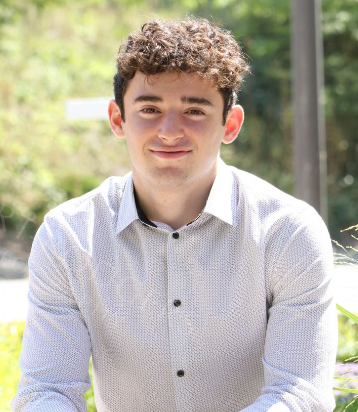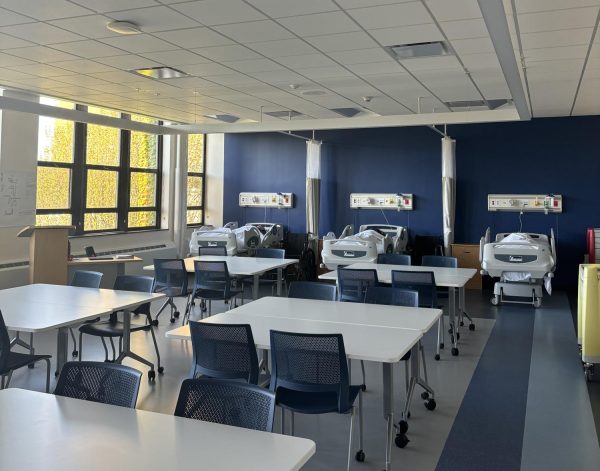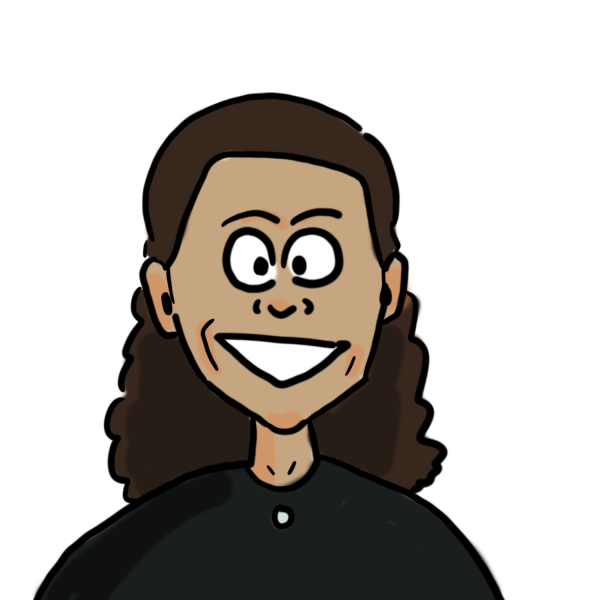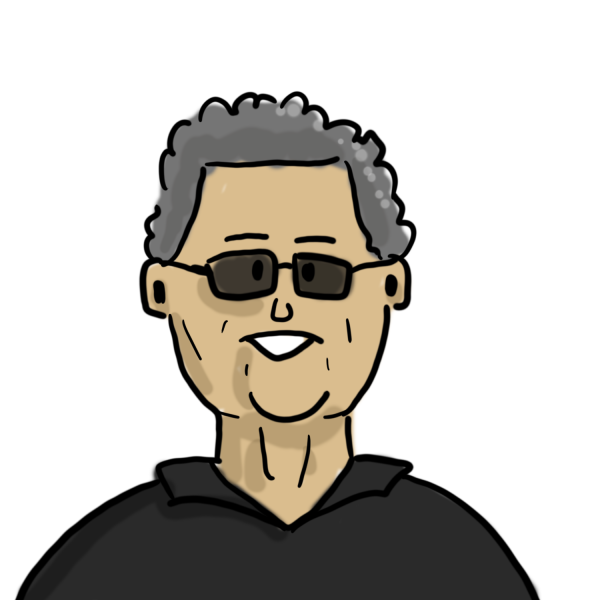Science Olympiad finds ways to sustain work online
April 26, 2021
ETHS Science Olympiad finished their 2020-21 season with three top-10 invitational finishes, just missing out on a state qualification at their regional meet. The Science Olympiad team is a competitive science team that, in a typical year, competes in three invitationals and one regional competition. Science Olympiad meets include test-format, experimental design and build events, most of which are collaborative efforts.
“Normally, at competitions, you get to work with a partner next to you; online, you just have to call them,” junior Gabriela Ridings said. “It’s different because you don’t get to share sheets together and you can’t work out problems like you normally would in-person in test rooms.”
The minimized collaboration available for meets also affected practices, which led the Science Olympiad team to change their twice-a-week or more practice schedule to a once-a-week schedule, allowing more time to be spent on individual work and studying.
“In a normal year, practices… would be really collaborative. You would be able to basically just hop around and talk to your partner and check in with the events to understand what you need to do moving forward,” team captain and senior Matteo Mereu said. “Online, we initially tried to recreate what we do in person, but that really didn’t work out. So, we ended up completely just putting [our] faith in each team member and just assuming that they were doing the right thing. We mainly used our Thursday practices for team building and just for a sense of collaboration.”
Even with practices and competitions looking different, the team managed to build their sense of community and put forth a strong effort at the regional meet.
“Even though it’s on Zoom, everyone communicates, and we play games and we’re engaging together,” Ridings said. “Normally, you just share documents with each other, you might call whoever you’re working with on the event and you’ll make answers for the event with your partner.”
Along with some competitions, Ridings and Mereu remember practices and being with teammates as highlights from their time on the team and emphasized the community and opportunity Science Olympiad provides for anyone interested in science.
“[For] highlights, I think participating in the first online regionals sort of made history and was really fun,” Ridings said. “I think [Science Olympiad] is just a place where I could explore the things that I was interested in with other people who like that too, and I was able to create a community of people who were interested in the same things as me.”
“Science Olympiad is a welcoming community that [gave] me some of my closest relationships,” Mereu said. “If you have even the slightest bit of enthusiasm for science, whether it’s biology, environmental science, physics or even if you just want to engineer stuff and make bottle rockets or Rube Goldberg machines and musical instruments, there’s always going to be something in Science Olympiad that’s there for you.


















